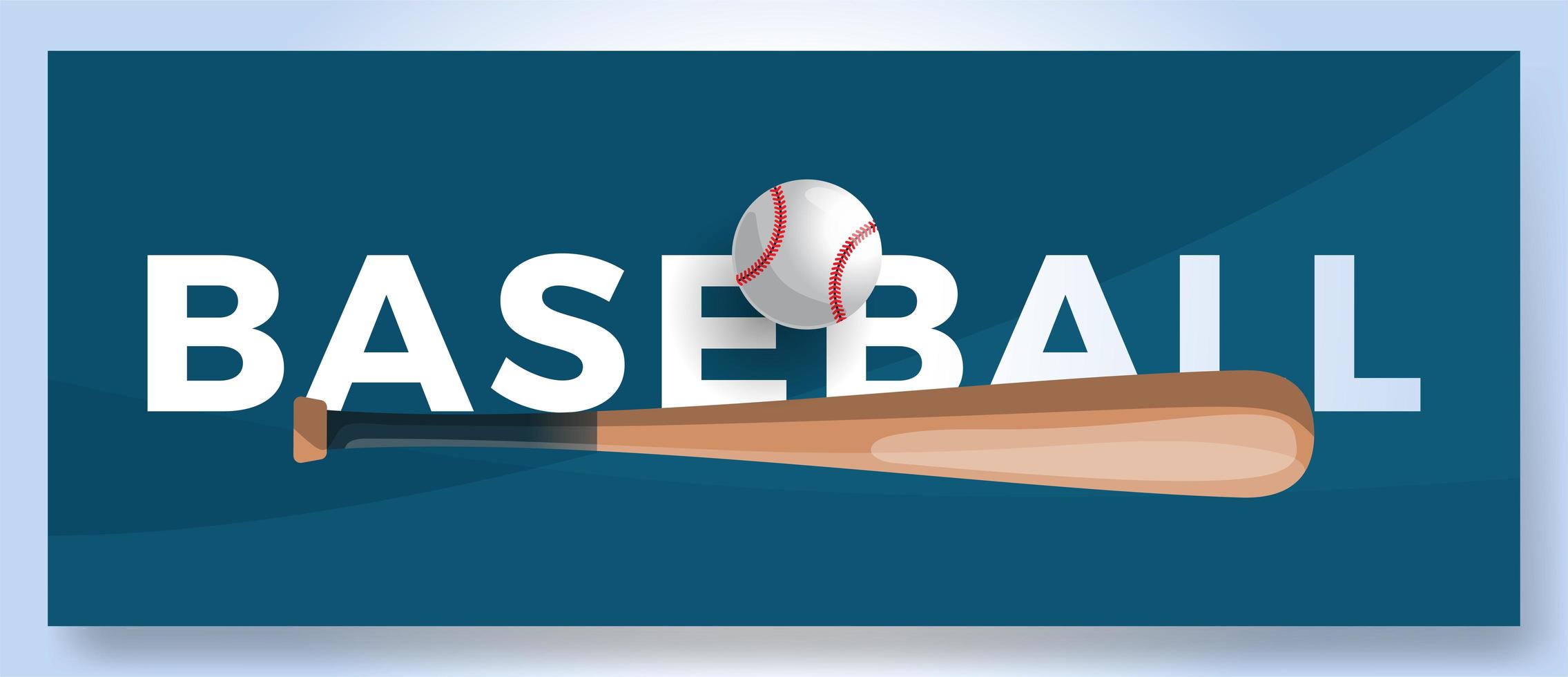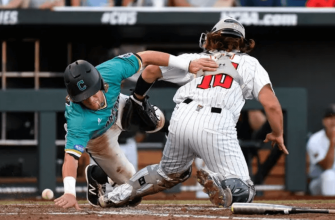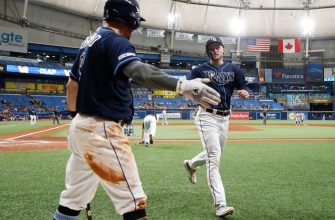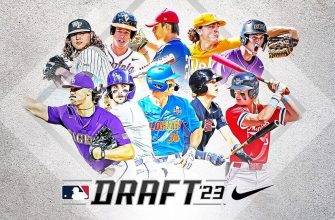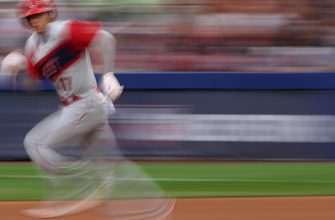Nippon Professional Baseball (NPB) is the highest level of professional baseball in Japan. It consists of two leagues – the Central League and the Pacific League – with six teams each. The NPB has existed in some form since 1936, but adopted its current two-league structure in 1950.
While sharing a common origin with American Major League Baseball (MLB), the NPB has developed its own distinct rules and style of play over the decades. Most notably, NPB games have slightly different specifications around number of innings played. This reflects cultural differences as well as logistical factors around television broadcasting.
Regulation Games
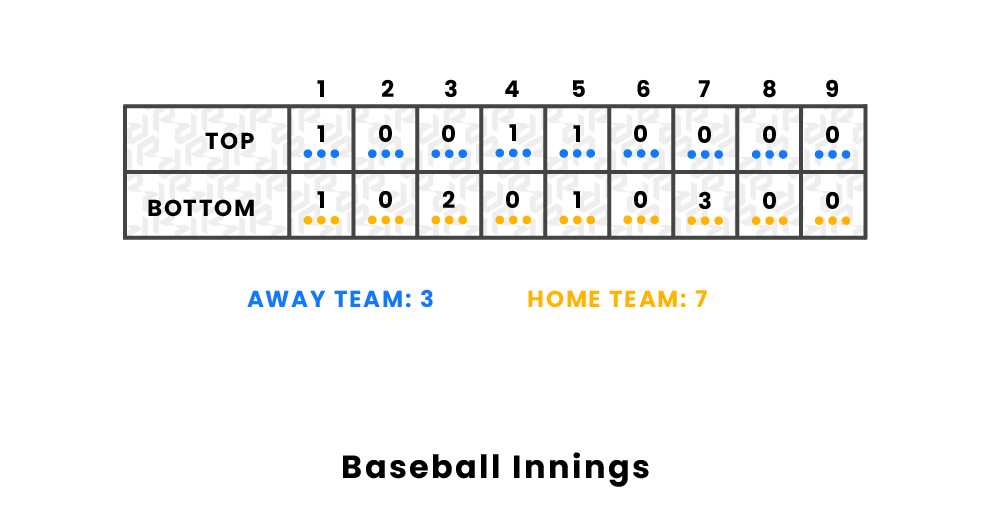
In the Nippon Professional Baseball (NPB) league, which is the highest level of professional baseball in Japan, games are typically nine innings long, just like in Major League Baseball (MLB) in the United States and Canada.
The NPB and MLB both follow the standard baseball format of a regulation game lasting 9 innings, with 3 outs per half inning per team. This results in a typical game containing 18 half innings if it goes the full length without extra innings.
Both leagues play 162 regular season games spread over approximately 6 months from April to October. So in the NPB, just as in MLB, the vast majority of regulation games span the standard 9 innings before a winner is declared.
Extra Innings
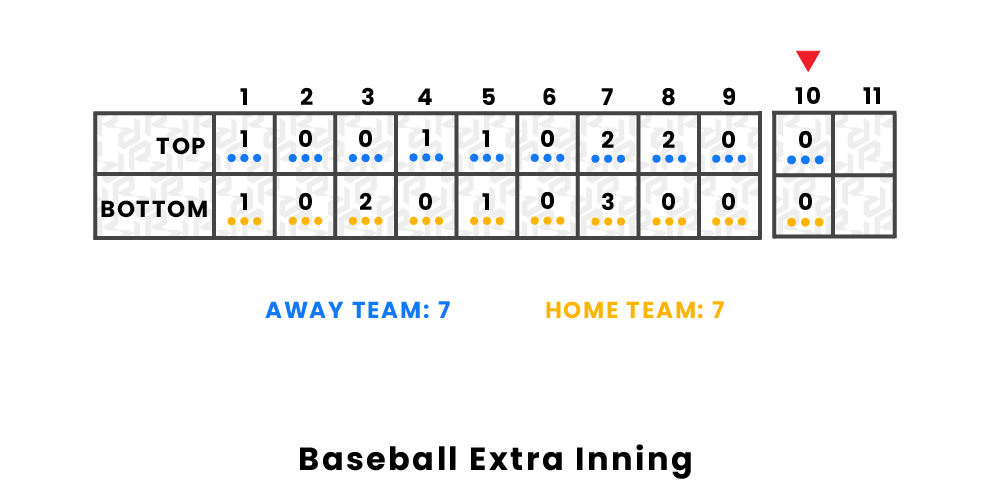
Like MLB, games go into extra innings if tied after 9 innings. In Japan, they play extra innings according to normal baseball rules until there is a winner. There are no limits on the number of extra innings that can be played.
Both Nippon Professional Baseball (NPB) and MLB have made recent rule changes to extra innings to try to shorten games, but so far NPB has not adopted any limits on extra innings. While MLB has implemented the controversial “ghost runner” rule to start each extra inning with a runner on second base, NPB allows extra innings to continue normally with the same rules as regulation innings. This allows for more purist extra inning gameplay.
Mercy Rule
NPB has a mercy rule to end lopsided games early, similar to other baseball leagues around the world. After 5 innings, if a team is ahead by 10 runs or more, the game is ended immediately and that team declared the winner [1]. This “mercy” rule spares the losing team from having to continue playing an unwinnable game.
The mercy rule was first implemented in NPB in 2011 to avoid wasting time and over-exerting players in blowout games. It applies to all NPB regulation games, including interleague play. However, the rule does not apply to playoff, all-star, or tournament games where there is more on the line than a regular season win or loss.
High school and Little League in Japan also have mercy rules, ending games early if one team has a commanding lead. For example, Little League in Japan institutes a 10-run rule after 4 innings. But at the professional level, NPB opts for the simple and universal “10 after 5” mercy rule to wrap up lopsided contests efficiently.
Playoff Games
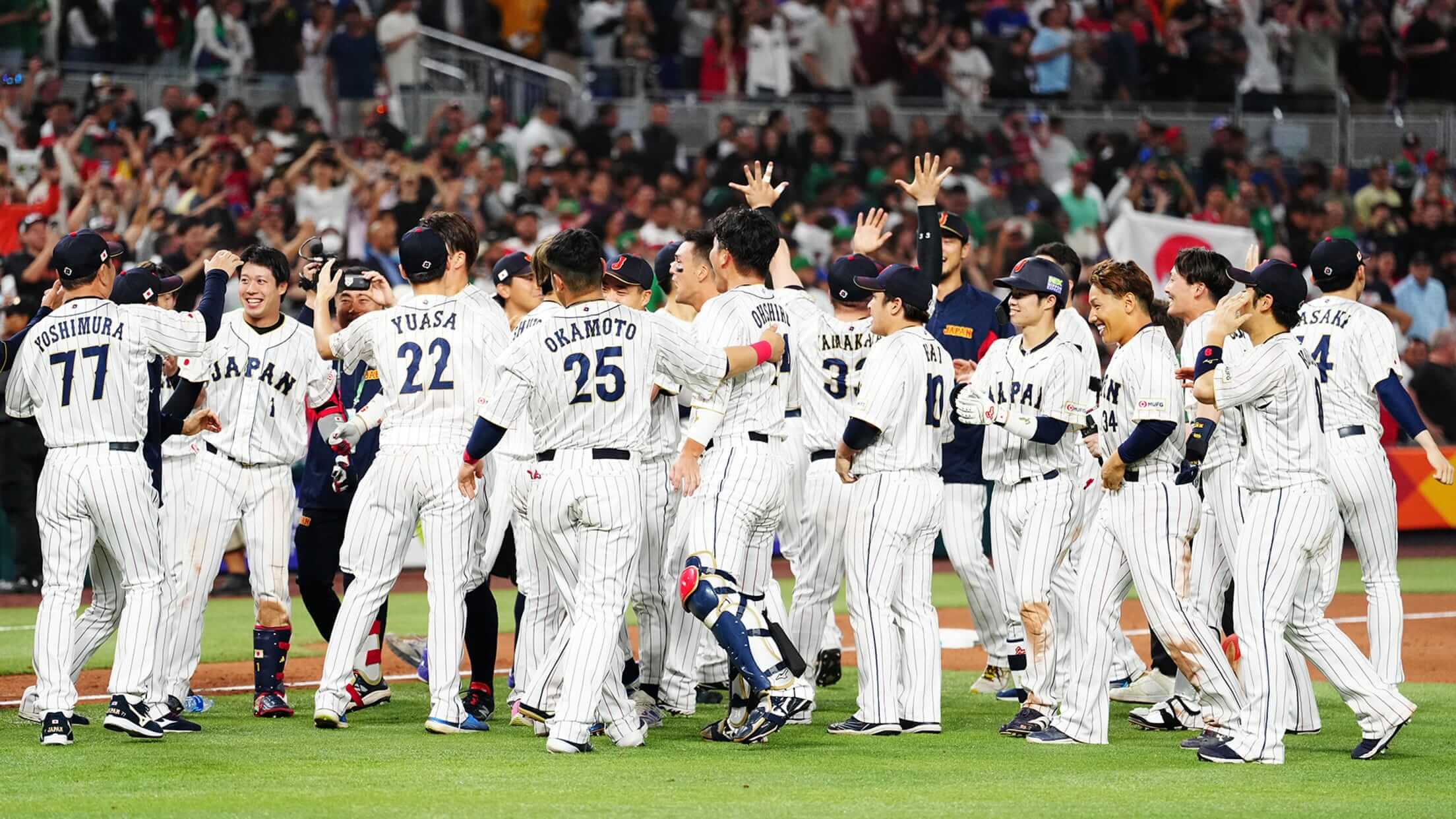
Unlike regular season games, playoff games in NPB follow the same 9 inning format used in Major League Baseball. There is no mercy rule or tie games allowed during the playoffs (Climax Series – Wikipedia).
Playoff games will continue into extra innings until a winner is determined, even if it takes more than 12 innings of play. This is done to ensure the playoff teams have a fair chance to advance without any games ending prematurely or in ties (NPB – Japanese Professional Baseball – Reddit).
The playoffs begin with the Climax Series, which is a best-of-three game series between the top teams in each league. The Climax Series determines which two teams will advance to the Japan Series, which is NPB’s championship series (Nippon Professional Baseball playoffs – Wikipedia).
Unlike the regular season, the playoff format does not allow for tie games and aims to determine an outright winner through extra innings if needed. This aligns the NPB playoffs more closely with MLB’s postseason structure.
All-Star Games
The Nippon Professional Baseball (NPB) All-Star Series is an annual series between the All-Star teams of the Pacific League and the Central League in Japanese professional baseball. Unlike Major League Baseball’s All-Star Game, NPB’s All-Star Series consists of multiple games played over a 4-5 day period in July.
One notable difference in the NPB All-Star games is that they are only 7 innings in length, as opposed to the standard 9 innings in regular season NPB games. This shorter 7-inning format allows teams to deploy more pitchers during the exhibition series. Fans also enjoy the uniqueness of the abbreviated All-Star games. The 7-inning format has become an integral part of the strategy involved in managing the All-Star teams over the multi-game series.
International Tournaments
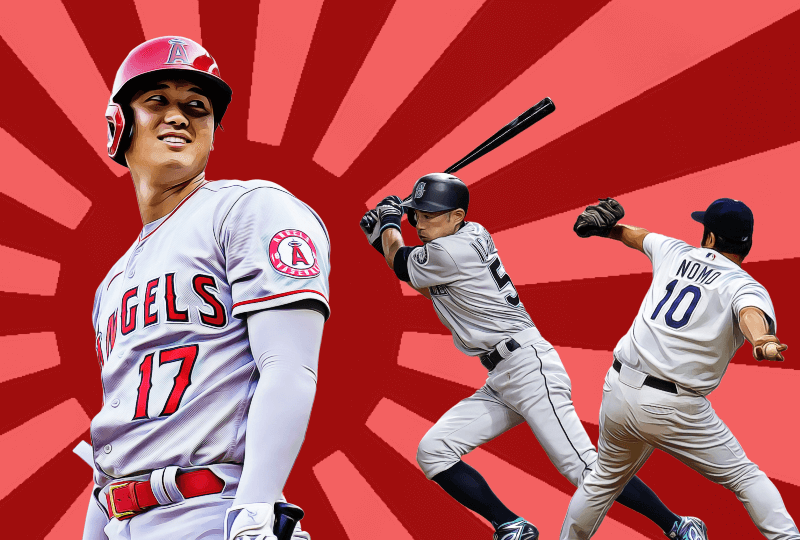
Innings in international baseball tournaments involving Japanese teams vary depending on the specific tournament format.
Some key tournaments include:
-
World Baseball Classic – This tournament featuring national teams plays 8 innings in the first round and 9 innings in the second round and championship round, per the official tournament rules.
-
Premier 12 – This international tournament organized by the World Baseball Softball Confederation (WBSC) features 12 of the top-ranked national teams. Games are 9 innings, except for mercy rule games.
-
Olympics – Olympic baseball tournaments have consisted of a round-robin preliminary round and then a knockout medal round. Innings depend on the stage. Preliminary games are 7 innings while the medal round is 9 innings.
-
Asia Professional Baseball Championship – This tournament contested by pro and amateur teams across Asia plays full 9 inning games.
-
Asia Winter Baseball League – This winter league for Asian pro players features varying game lengths, including 7 innings and 5 innings for some games.
-
Asia Series – This annual championship between pro league champions plays 9 innings.
So in summary, innings in international tournaments follow the specific tournament format and rules, ranging typically from 7 innings to 9 innings depending on the stage and type of tournament.
High School Baseball
High school baseball games in Japan typically follow a 9 inning format, with some exceptions. According to the Japanese High School Baseball Championship article on Wikipedia, high school tournament games are official after 7 complete innings if suspended due to weather.
The 50 inning marathon high school game in 2020 was an extremely rare event, as most games finish within 9 innings or are called due to the mercy rule if there is a large scoring differential.
Overall, the 9 inning format is standard for high school league and tournament play in Japan. Extra inning games do occassionally occur, but long marathon contests are very uncommon at the high school level.
Little League
Little League baseball games for 11 and 12 year old players are generally scheduled for 6 innings, according to the official Little League rulebook. The standard length is 6 innings to balance having a meaningful game while avoiding excessive strain on young players’ arms from throwing too many pitches.
In the Little League Baseball World Series, games also last for 6 innings. For example, in a recent 2023 Little League World Series matchup, Japan defeated Mexico 5-0 in a regulation 6 inning game. The 6 inning format allows teams from around the world to compete on a balanced playing field at the pinnacle international event for Little Leaguers.
Conclusion
The number of innings in a baseball game can vary depending on the league and context. Regulation games in Nippon Professional Baseball, the top professional league in Japan, as well as the university and high school leagues, are scheduled for 9 innings, just like in Major League Baseball in the United States.
However, NPB does have some key differences when it comes to extra innings and mercy rules. NPB games allow for up to 3 extra innings before being declared a tie, while MLB games go into extra innings until a winner is decided. Additionally, NPB high school games end if one team has a lead of 10 runs or more after 5 innings, while MLB has no mercy rule.
In the playoffs, NPB allows for games to go 12 innings before being declared a tie, while MLB playoff games go into extra innings indefinitely. International tournaments like the World Baseball Classic have their own rules, usually allowing for 10-11 innings before going to the mercy rule.
So while the regulation length is 9 innings, Japanese baseball can see some variations in games based on the situation. But the foundation of baseball remains 9 innings, from Little League to the professional leagues.
